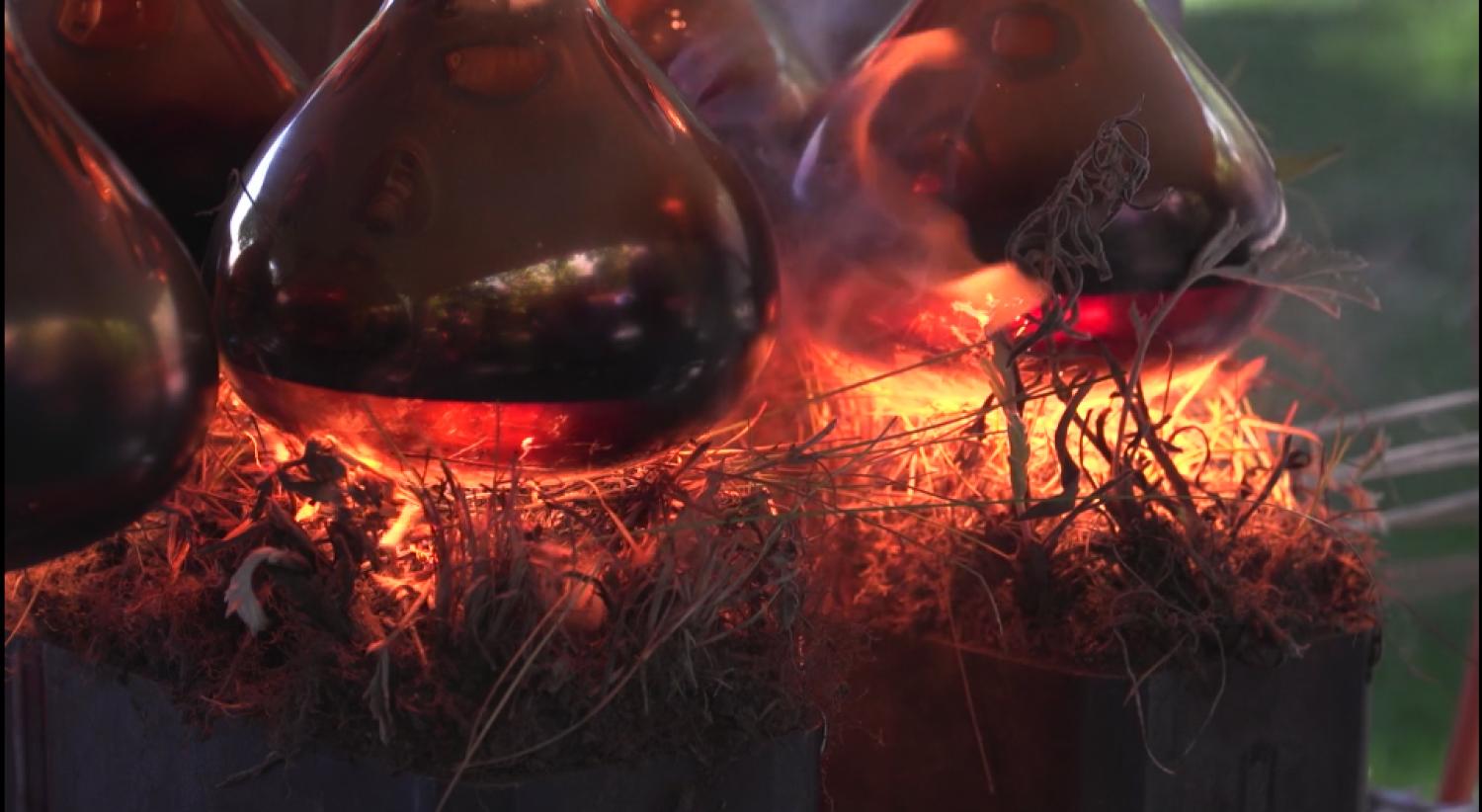When it rains: The hidden impact of wildfire
[video:https://www.youtube.com/watch?v=BEz7JE39WRI&feature=youtu.be]
The costs of wildfires extend far beyond the burn zone. Wildfires can heat soil to temperatures up to 1,000º F (550º C), releasing higher concentrations of carbon, nitrogen and other organic materials from the soil. When rain falls, those contaminants can be carried into nearby watersheds, increasing concentrations by up to 700%. Downstream, municipal utilities must then spend hundreds of thousands of dollars in extra filtration costs to make the water safe to drink. Contaminant levels can remain elevated after a fire for up to 15 years.
CU Boulder engineering professor and EVEN Director Fernando Rosario-Ortiz is working with CIRES researcher Ben Livneh on a way to model this phenomenon in order to provide more accurate and actionable information to the public. Together with their students, they've collaborated on a rainfall simulator, which can mimic the way that rain carries organic runoff away from burned vegetation.



